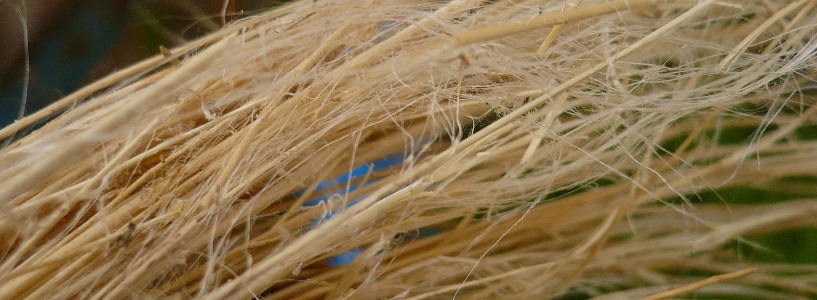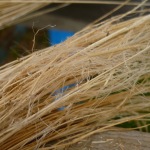AIMPLAS, the Plastics Technology Centre, has completed the research developed in the framework of the project FIBRAGEN in order to develope a new generation of composites reinforced with natural fibres of improved properties. To that end, several flax crops have been bred during 2012 and 2013 for their analysis and selection, all together with other centres and European universities.
When breeding, different varieties of flax have been used. Researchers have kept in mind some aspects such as the place, the land, the season of the year, the moisture and the temperature in order to analyze if these variables affect the properties of the plants and at the same time to select those who present better mechanical properties.
The project, which began in 2011 and ends on May, allows doing without the techniques used until now for the improvement of the natural fibres’ properties used as a reinforcement of composites. For instance, it could be avoided the incorporation of additives and processes such as those used when removing moisture once the parameters that most influence when obtaining optimal fibres as reinforcement are identified. Besides, the knowledge of those crop conditions and parameters able to stimulate the plants’ gene expression that are leaded to an improvement of determined properties, such as mechanical, thermal, bacteria and microorganisms resistance, adhesion, etc. is a step forward in order to get materials composed with more controlled properties and less variability.
The participation of AIMPLAS in the project has mainly consisted in the adaptation of the different varieties of flax harvested for their processing in the correspondent composites and also in the analysis of the mechanical properties of the products that include these flax fibres as reinforcement.
The results obtained in this project have caught the member’s interest for carrying on the second part of the Project.













